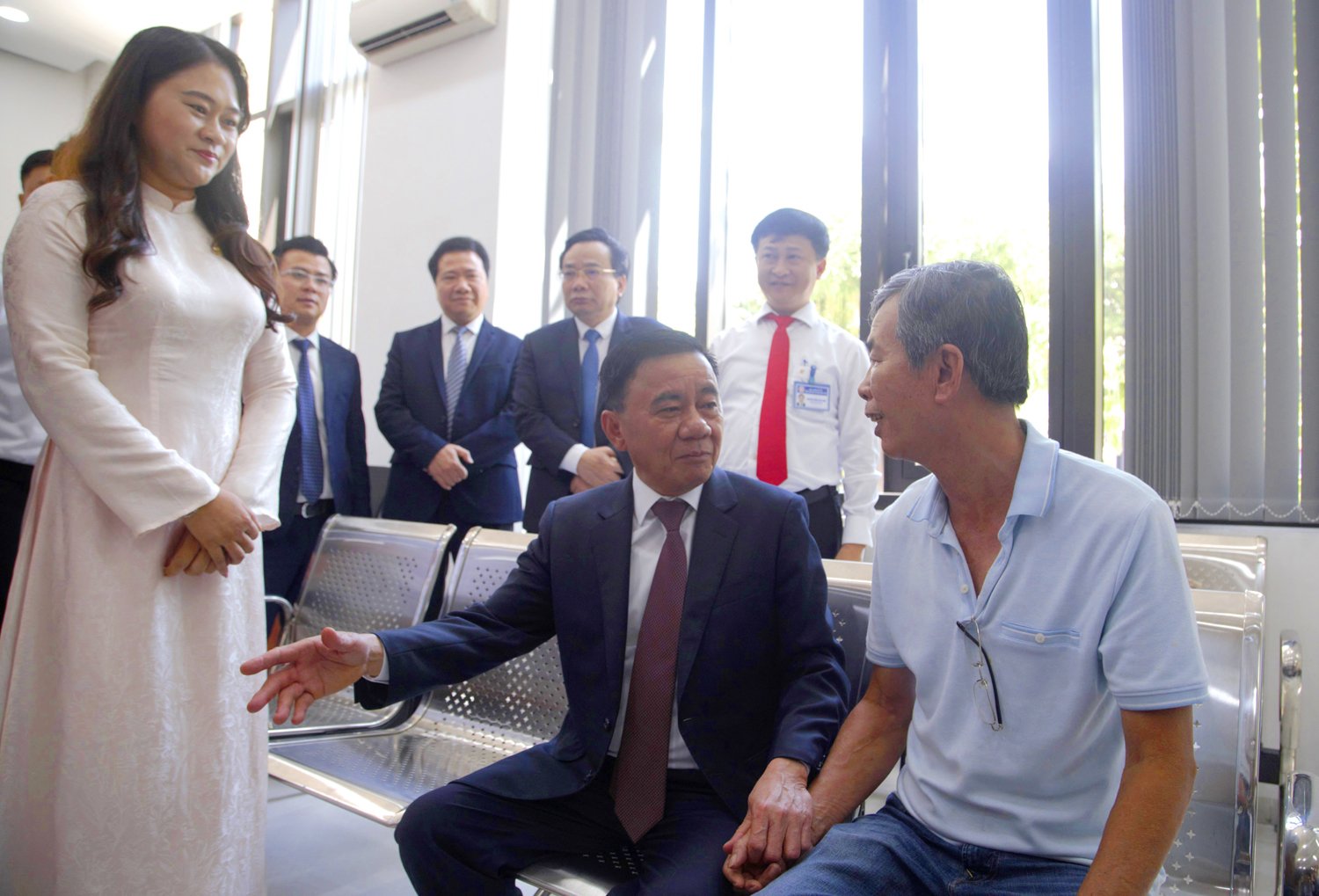
Politburo member and Standing member of the Secretariat Tran Cam Tu visits people at the People's Committee of Hai Chau ward, Da Nang city_Photo: VNA
Throughout its construction and development, the Communist Party of Vietnam has always taken Ho Chi Minh's thought and Marxism-Leninism as the ideological foundation and "compass" for all activities. This has been repeatedly affirmed by General Secretary To Lam, who considers Ho Chi Minh's thought as "a torch to light the way, leading the Vietnamese revolution under the leadership of the Party to overcome all rapids, gain one victory after another, and create many miracles" (1) . Notably, in his orientation speech at the Conference to summarize the work of 2024 and deploy the work of 2025 of the Government and local authorities, General Secretary To Lam continued to emphasize the urgent need to build an administration serving the people "on the principles of democracy, rule of law, professionalism, modernity, transparency and cleanliness"; at the same time, he affirmed that "cadres and party members must be exemplary in studying and following Ho Chi Minh's thought and morality" (2) .
The above viewpoints of our Party leader show that, in order to consolidate and enhance the Party's strength, it is necessary to first practice and promote democracy within the Party; at the same time, focus on building a contingent of cadres and Party members with sufficient qualities, capacity, and strong political will, worthy of the people's trust and love. In the context of the country entering an era of development, the work of building and rectifying a clean and strong Party is increasingly going into depth and substance, clarifying the content and value of Ho Chi Minh's thought on democracy within the Party is of special importance.
Ho Chi Minh's thoughts on practicing democracy in the Party
On the journey to find a way to save the country and with a vision of the times, President Ho Chi Minh clearly saw the value of democracy and the purpose of realizing the value of democracy in Vietnam. According to him, the purpose of practicing democracy is "to make everyone enjoy democratic freedom" (3) ; the role of practicing democracy is to help make difficult things easy, " practicing democracy is the universal key that can solve all difficulties" (4) ; method " Practice democracy , meaning that all work must be discussed with members, and cadres must not be bureaucratic or commanding" (5) .
In leading the revolution, President Ho Chi Minh emphasized that practicing democracy within the Party is an important content in building and rectifying a clean and strong Party, and is demonstrated through the following basic contents:
First, practice democracy in planning and policy making.
In the work of planning, building and implementing policies and guidelines, the important requirement is to inform and discuss with party members and the masses to collect many opinions; thereby, come to the best decision and choice. He pointed out: “Concentration on the basis of democracy means that party members have the right to discuss the Party's policies, then concentrate opinions on the Central Committee, while democracy under centralized direction is because if something that should not be discussed is discussed, it will be ruined, what has been discussed must be brought up. When the superiors give orders, the subordinates must execute and obey. Concentration without democracy leads to dictatorship, democracy without concentration is excessive democracy,... the more democratic, the more centralized must be” (6) .
According to President Ho Chi Minh, “collective leadership is democracy . Individual responsibility is concentration . Collective leadership, individual responsibility, that is democratic centralism ” (7) . Only with collective leadership can we mobilize the intelligence, knowledge, and creativity of the entire Party and people in building policies, guidelines, methods, and steps in the right direction, achieving maximum efficiency. On the contrary, “non-collective leadership will lead to excuses, arbitrariness, and subjectivity. The result is failure”. Responsibility must be undertaken by individuals for the work to achieve high results. If “responsibility is not by individuals, it will lead to disorder, chaos, and anarchy. The result is also failure” (8) . Therefore, the principle of democratic centralism is extremely important in the stages of practicing democracy in the Party.
Furthermore, in implementing the Party's policies and guidelines, President Ho Chi Minh paid special attention to the inspection and supervision stage. He considered this one of the core contents of democratic practice within the Party and elevated it to one of the democratic leadership styles.
Second, create a democratic leadership style in the Party.
Basically, practicing democracy in the Party cannot be without creating a democratic leadership style in cadres and party members. The democratic leadership style of cadres and party members is expressed in always listening to the opinions of the collective and the people. Cadres and party members, especially leaders and managers, must respect, listen to and be subject to inspection by subordinates and the masses. Not only democratic discussion within the party members, but according to President Ho Chi Minh, "we must also talk and discuss with enthusiastic elements in the masses. Talking and discussing with enthusiastic elements in the masses is not enough, we must also talk and discuss with the people. That is a very important issue for the Party's way of working" (9) .
Leaders and managers must discuss and closely connect with subordinates and the masses, grasp the thoughts and aspirations and explain what the people do not understand in order to make decisions that are in line with the legitimate and legal interests of the people. Only then will the Party's policies and guidelines be in line with the legitimate and legal interests of the people and truly enter into real life. Therefore, in order to truly implement a democratic leadership style, President Ho Chi Minh affirmed: "In the past, everything was "from above down". From now on, everything must be "from below up". By doing so, policies, cadres and people will be in agreement, and our Party will develop very quickly and firmly" (10) .
According to President Ho Chi Minh, practicing democracy requires skillful control so that all shortcomings are exposed and gradually reduced. However, to achieve good results in control, it is necessary to implement it in two ways: “One way is from top down . That is, the leader controls the results of his cadres' work. Another way is from bottom up . That is, the masses and cadres control the mistakes of the leader and show how to correct those mistakes” (11) . If not closely monitored, leaders and managers can easily fall into corruption, abuse of power, and eventually become arbitrary and dictatorial. This reduces the fighting spirit of the party organization, affects the effectiveness and efficiency of the organization, agency, and unit, and especially will cause the people to lose trust. Creating a democratic leadership style will encourage the spirit of self-criticism and criticism of cadres and party members; thereby enhancing purity and civilization in the Party.
Third, practice democracy in party activities.
President Ho Chi Minh always emphasized the position and role of implementing the principle of self-criticism and criticism in Party activities. According to him, the Party cannot avoid shortcomings, but a Party that conceals its shortcomings is a rotten Party. Therefore, the only best "medicine" is practical criticism and self-criticism with the aim of letting everyone learn from each other's strengths and help each other correct shortcomings - that is the effective way of Party activities.
It is not easy to criticize, the criticized person may not accept the comments and assessments about him/her. The critic may be hostile or resentful; may not see any benefits but only see disunity; or sometimes, due to personal motives, use harsh words to hurt the criticized person. Therefore, President Ho Chi Minh advised that criticism must be thorough, honest, not exaggerated, not reduced. The critic must point out both advantages and disadvantages, criticize the work but not the person, avoid harsh words, must help each other overcome mistakes; and the criticized person must accept criticism to improve, not be discouraged or hateful.
President Ho Chi Minh also emphasized the right to express opinions in party activities. He advised that democracy must be practiced in party activities to ensure the right to mastery, encourage the initiative and enthusiasm of party members, and set an example for the masses to follow. It is necessary to encourage party members to express their opinions, to practice criticism and self-criticism in a practical manner; thereby, enhancing the autonomy, dynamism, and creativity of party members, and preventing the degradation of political ideology, ethics, and lifestyle. In the campaign to build the Party Charter in preparation for the 3rd Party Congress, President Ho Chi Minh emphasized: " Democracy must be truly expanded so that all party members can fully express their opinions" (12) .
To practice democracy in party activities effectively, according to President Ho Chi Minh, in addition to encouraging the opinions of cadres and party members in party organizations, it is also necessary to pay attention to the attitude and style of the heads of party committees and organizations. He pointed out, "If you want cadres to do their jobs, you must make them feel secure in their work and enjoy their work. To do so, you must practice these points: 1. Make cadres dare to speak, dare to give their opinions... If cadres do not speak, do not give their opinions, do not criticize, and even flatter themselves, this is a very bad phenomenon. Because it is not that they have nothing to say, but because they do not dare to speak, they are afraid. That is the loss of all democracy in the Party... When superiors intervene in everything, cadres are like machines, waiting for orders in everything, leading to dependence and loss of initiative" (13) . Thus, leaders and managers need to put their trust in their subordinates, encourage them to express their opinions, and make them clearly see the practical benefits of what they are participating in and contributing.
Wednesday, practicing democracy in organizational and personnel work.
During his revolutionary activities, President Ho Chi Minh always had a deep awareness of the position and role of the cadre team and the importance of cadre work. He repeatedly emphasized, "cadres are the root of all work"; "All success or failure depends on good or bad cadres" (14) . Because of the important role of organizational and cadre work, right from the stage of selecting new party members, he emphasized that it was necessary to adhere to the conditions prescribed by the Central Committee and combine it with other work; in particular, it was necessary to rely on the masses for careful consideration. The masses are the "eyes and ears" of the Party in assessing the qualifications, capacity, moral qualities and quality of party members.
In the process of considering appointing cadres to key positions, President Ho Chi Minh noted the need to see whether that person is close to the masses, is trusted and admired by the people, understands the people, and has close contact with the people... Because the masses are very clever, very enthusiastic, and very heroic, President Ho Chi Minh affirmed: "In the work of Party rectification, as in all other work, it is absolutely necessary to practice the method of uniting leadership with the masses and uniting general policies with specific instructions. We must use the method of "coming from the masses, returning to the masses"" (15) .
President Ho Chi Minh pointed out that “allowing the people to criticize cadres, and promoting cadres based on their opinions will definitely not involve bias or favoritism, and will definitely be reasonable and fair. At the same time, thanks to the people's diligence, cadres and people will both progress, and as a result, cadres and people will be more closely united” (16) . The work of Party building and rectification cannot achieve good results without the participation of the masses. Respecting the opinions of the masses is a demonstration of the Party's trust in the people; thereby, it is also a way to promote democracy among the people.
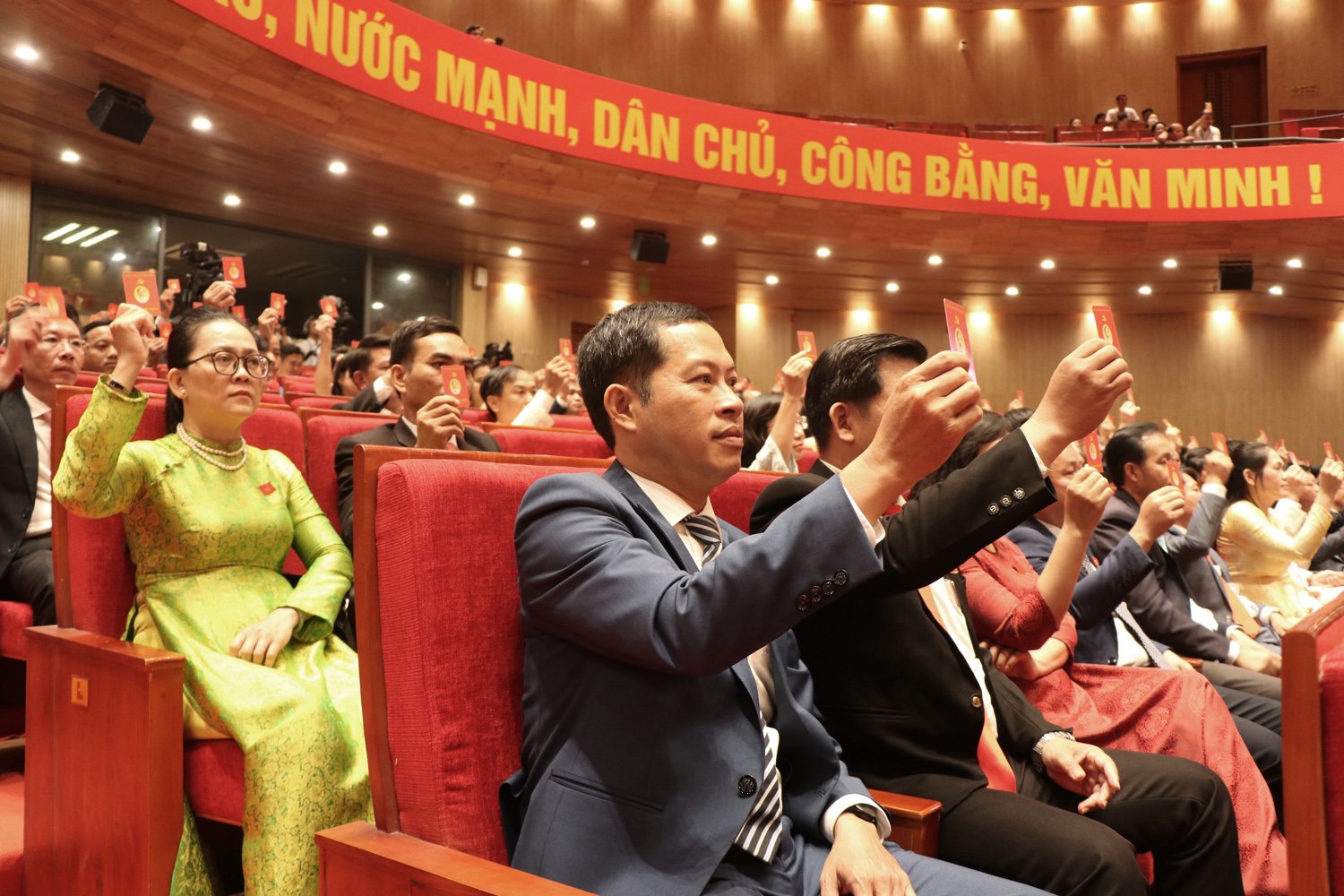
Delegates vote to approve the draft Resolution of the 17th Hue City Party Congress, term 2025 - 2030_Photo: VNA
The meaning and value of Ho Chi Minh's thought on practicing democracy within the Party for the current Party building and rectification work
The current domestic and international situation has many changes, significantly affecting the awareness of each cadre and party member. The level of political and ideological awareness, moral training and lifestyle of cadres and party members are constantly being improved to meet the requirements and tasks in the new situation. However, there is still a large number of cadres and party members who lack political courage, are easily lured and negatively affected, leading to degradation in political ideology, morality and lifestyle. Therefore, Ho Chi Minh's thoughts on Practicing democracy within the Party has more profound meaning and value in the work of Party building and rectification; specifically:
First, strengthen the people's and party members' trust in the Party building and rectification work.
President Ho Chi Minh is grateful and honored by the Vietnamese people and respected by the world, known as a national liberation hero, a great leader of the Vietnamese revolution, and an outstanding cultural figure. Ho Chi Minh's thought is not only valuable in the struggle for national liberation, but also has lasting and sustainable value for the cause of national innovation and development, and is the flag leading the Vietnamese people to prosperity and happiness. Throughout the process of leading the revolution, especially over nearly 40 years of carrying out the renovation process, our Party has always correctly, consistently, thoroughly understood, applied, and protected the scientific, revolutionary, and humanistic nature of Ho Chi Minh's thought in leading the State and the whole society. This is the decisive factor that has led to all victories of the Vietnamese revolution. Therefore, applying Ho Chi Minh's thought on practicing democracy within the Party to the work of building and rectifying a clean and strong Party will create firm belief among the masses, cadres and Party members. The late General Secretary Nguyen Phu Trong once affirmed: "His life and career have become a revolutionary symbol, arousing aspirations and beliefs for the Vietnamese people and progressive people around the world in the struggle for independence, freedom, peace, democracy and social progress" (17) .
Applying Ho Chi Minh's thought in the current work of Party building and rectification will be one of the factors that foster the belief of each cadre, Party member and the masses in the success of this work, contributing to making our Party increasingly clean and strong. As the late Prime Minister Pham Van Dong commented: "Ho Chi Minh set an example for Party building. The example of the leader, which was voluntarily and enthusiastically responded to by the entire Party, created a strict and sacred framework, leaving behind a fine tradition of the Party and its leadership" (18) .
Second, create a theoretical foundation for Party building and rectification work.
Ho Chi Minh's thought on practicing democracy within the Party has become a solid theoretical foundation in the work of Party building and rectification. His theories on practicing democracy within the Party show the strictness in the way of practice, consistent with the conditions and reality of our country's revolution. Our Party always correctly, consistently, thoroughly understands and flexibly and effectively applies Ho Chi Minh's thought in leading the State and society, in accordance with each stage of the country's development. In the work of Party building and rectification, our Party always emphasizes that the Party must closely connect with the people and rely on the people to build the Party. The Party always encourages cadres and Party members to dare to think, dare to do, dare to participate in discussions, boldly express opinions, dare to take responsibility, dare to undertake work for the common good. All policies and guidelines of the Party are entirely for the benefit of the people and the interests of the nation.
Besides, Ho Chi Minh's thought on practicing democracy in party activities and in building a democratic leadership style is also an effective tool to strengthen political capacity, improve the political level of cadres and party members, especially key leaders, and push back the phenomenon of degradation in political ideology, ethics, and lifestyle.
Third, contributing to promoting the great role of democratic practice within the Party in Party building and rectification work.
Practicing democracy within the Party is not only an organizational principle, but also a prerequisite to ensure transparency, fairness and efficiency in all Party activities. This requires the process of implementing democracy to be carried out skillfully and regularly, becoming a regime and routine in the Party's activities and activities. Without the maintenance and practice of substantive democracy, the implementation work can easily fall into the phenomenon of formal democracy, losing the core value of democracy and failing to see the real role of democracy in Party building and rectification.
In recent years, our Party has flexibly and systematically implemented the principle of self-criticism and criticism. Measures such as taking votes of confidence at Party agencies and organizations and reviewing Party members' activities at their places of residence have become an important step in promoting internal democracy. These measures not only help improve the quality of leadership, but also contribute to raising the sense of responsibility, ethics and professional qualifications of each cadre and Party member. Along with that, through the process of self-criticism and criticism, each Party member has the opportunity to re-evaluate himself; thereby, constantly cultivating moral qualities and improving professional qualifications to be worthy of the people's trust and the Party's trust.
With the deep trust of cadres, party members and the masses for President Ho Chi Minh, his thoughts on practicing democracy within the Party have become a "compass", contributing to the overall success of the current Party building and rectification work. This success is not only demonstrated by strengthening the people's trust in the Party, but also by improving the effectiveness of leadership and management, ensuring that our Party always maintains its pioneering role, guiding the country's development. President Ho Chi Minh's thoughts on practicing democracy within the Party have demonstrated their lasting value, bringing practical results in historical periods, especially in the current context when the Party is facing many new and more complex challenges in the process of leading and developing the country.
Ho Chi Minh's thought on practicing democracy in the Party demonstrates his vision of the times, contributing to enriching the theoretical treasure and summarizing the practice of democracy in the Party, helping our Party become increasingly clean, strong, and worthy of "being ethical and civilized"./.
----------------
(1) See: Van Hieu: “General Secretary To Lam: Learning and following Uncle Ho to build the Party “is morality and civilization””, Voice of Vietnam electronic newspaper , November 15, 2024, https://vov.vn/chinh-tri/tong-bi-thu-to-lam-hoc-tap-lam-theo-bac-de-xay-dung-dang-la-dao-duc-la-van-minh-post1135870.vov
(2) See: “Speech by General Secretary To Lam at the Government and Local Government Conference”, Government Electronic Newspaper , January 8, 2025, https://baochinhphu.vn/phat-bieu-cua-tong-bi-thu-to-lam-tai-hoi-nghi-chinh-phu-va-chinh-quyen-dia-phuong-102250108155900992.htm
(3) Ho Chi Minh: Complete Works , National Political Publishing House Truth, Hanoi, 2011, vol. 5, p. 39
(4), (5) Ho Chi Minh: Complete Works , op. cit ., vol. 15, pp. 325, 260
(6) Ho Chi Minh: Complete Works, op. cit ., vol. 6, pp. 373 - 374
(7), (8) Ho Chi Minh: Complete Works, op. cit ., vol. 5, pp. 620, 620
(9), (10), (11) Ho Chi Minh: Complete Works, op. cit ., vol. 5, pp. 337, 338, 328
(12) Ho Chi Minh: Complete Works, op. cit. , vol. 12, p. 544
(13), (14), (15), (16) Ho Chi Minh: Complete Works, op . cit., vol. 5, pp. 319 - 320, 280, 331, 336
(17) Nguyen Phu Trong: "Study hard, strive and practice, constantly follow the ideology, morality and style of President Ho Chi Minh", Communist Magazine , No. 968 (June 2021), p. 4
(18) Pham Van Dong: Ho Chi Minh - The quintessence and spirit of the nation , National Political Publishing House Truth, Hanoi, 2019, p. 179
Source: https://tapchicongsan.org.vn/web/guest/chinh-tri-xay-dung-dang/-/2018/1150402/thuc-hanh-dan-chu-trong-dang-theo-tu-tuong-ho-chi-minh---y-nghiep-voi-cong-cuoc-xay-dung%2C-chinh-don-dang-hien-nay.aspx


![[Photo] General Secretary To Lam receives the Director of the Academy of Public Administration and National Economy under the President of the Russian Federation](/_next/image?url=https%3A%2F%2Fvphoto.vietnam.vn%2Fthumb%2F1200x675%2Fvietnam%2Fresource%2FIMAGE%2F2025%2F12%2F08%2F1765200203892_a1-bnd-0933-4198-jpg.webp&w=3840&q=75)






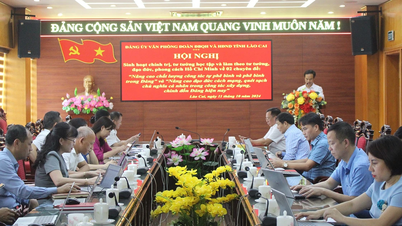

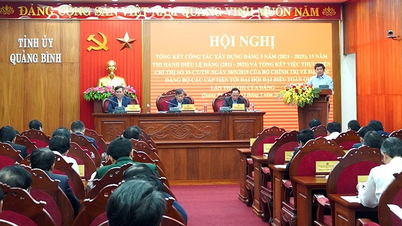

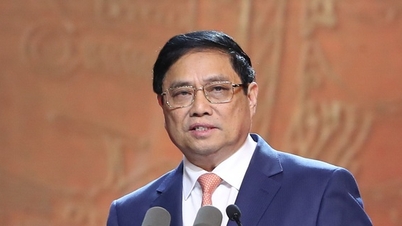

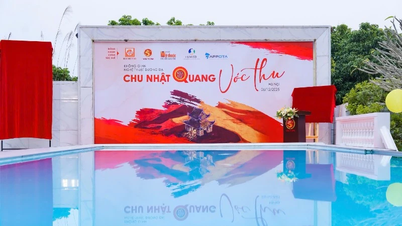
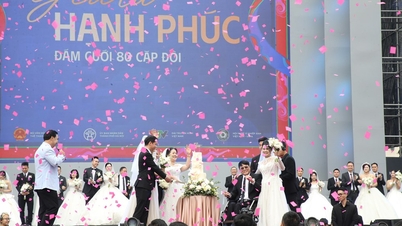

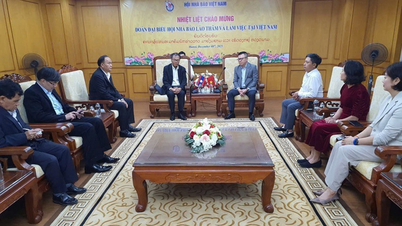

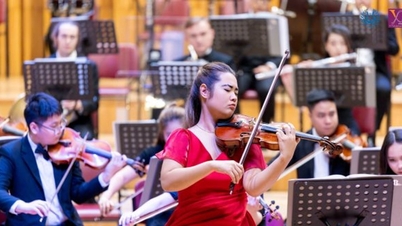

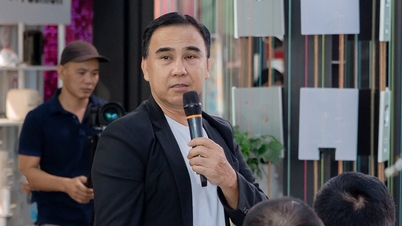
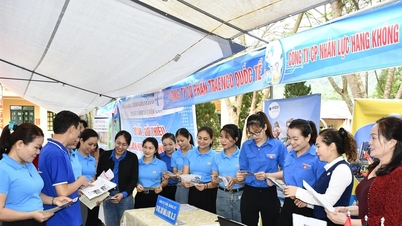





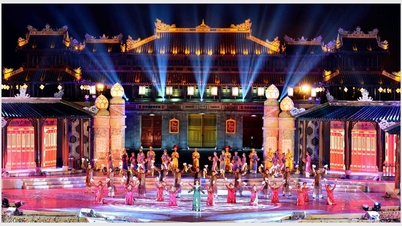
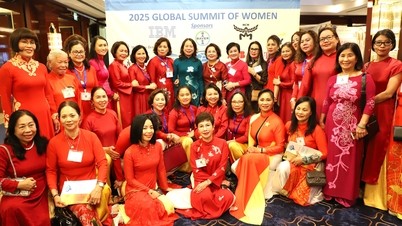





















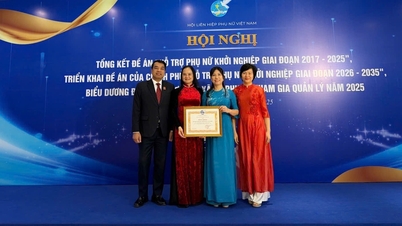













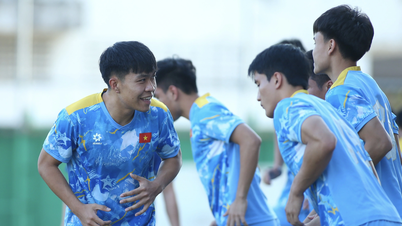
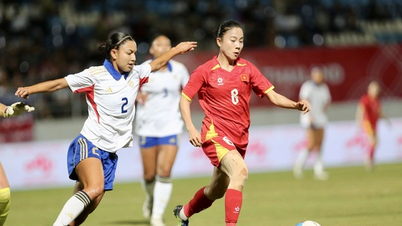
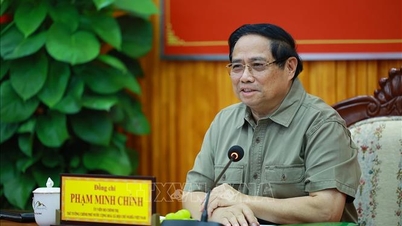

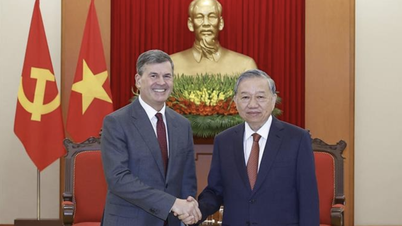


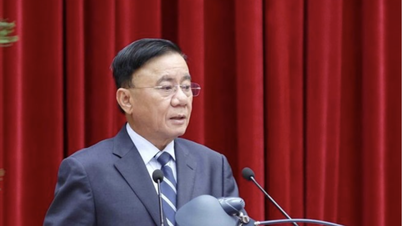


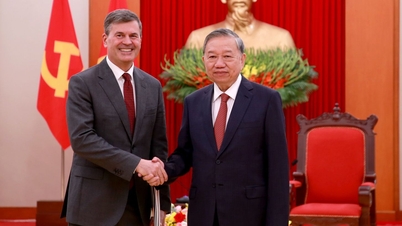






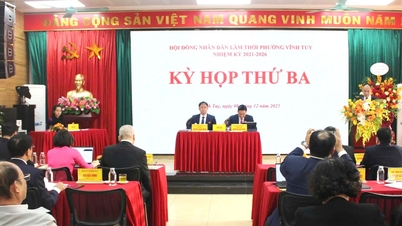
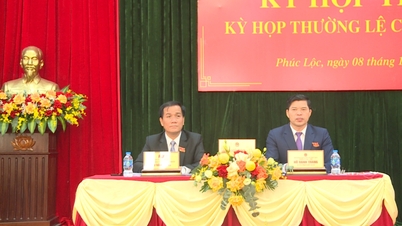


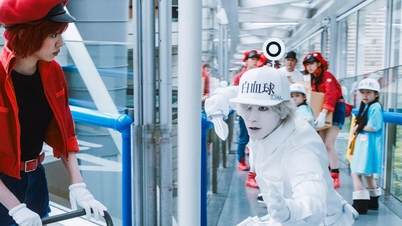

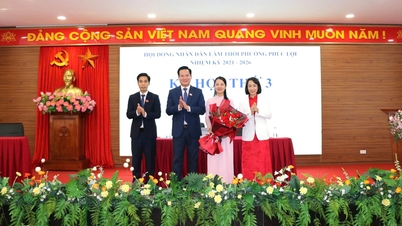
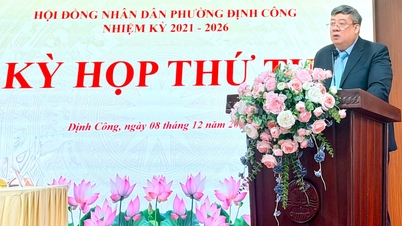
















Comment (0)